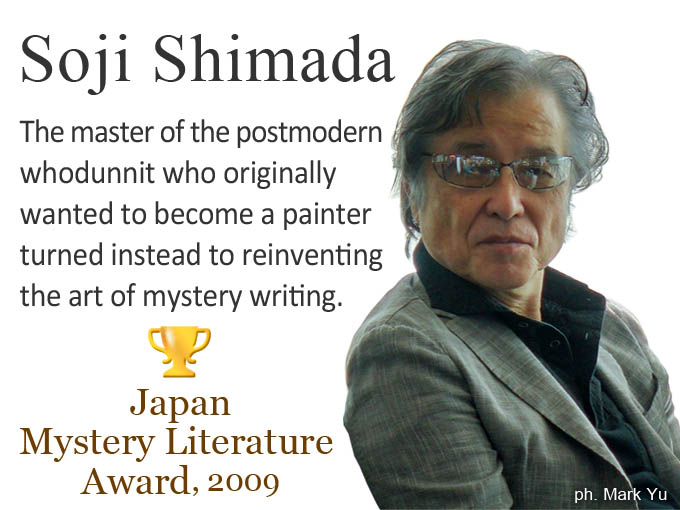The play not only popularised the word robot worldwide, but also triggered a flurry of robot stories in Japan; sometimes described by academics as “Early Showa Robot Literature”. Jinzo Ningen (Artificial Human) by Hatsunosuke Hirabayashi (1892-1932) is often cited as a classic example of this genre.
The Robot and the Weight of The Bed by Sunjugo Naoki (1891-1934), who the Naoki Literary Prize – one of Japan’s most important literary awards – is named after, is another example. This story written in 1931 is about a dying man’s plan to leave a robot to look after his wife after he has departed this world. It is set in the future when Japan has electrically controlled cars (not dissimilar to the electronic and autonomous cars being developed today) that automatically avoid accidents. The story is about a robot designed to make sure a wife remains faithful to her husband after his death. Other stories from this period feature enhanced or modified humans as well as robots and dolls.
The rapid industrialization Japan was experiencing at the time and the arrival of new developing technologies generated creative angst as well as concerns amongst the general population.
Robots were not considered by these authors as merely tools to serve humans; they were also seen as potential threats to human and biological life. Japanese authors developed narratives reflecting the growing concerns about mechanization; similar to the fears often articulated in the media today, about Artificial Intelligence (AI) and the current generation of robots (actual not imagined), and the prospect of so-called technological singularity, artificial super-intelligence that leads to runaway technological growth, changing our society beyond recognition, perhaps in an uncontrollable unforeseen way.
© Red Circle Authors Limited

